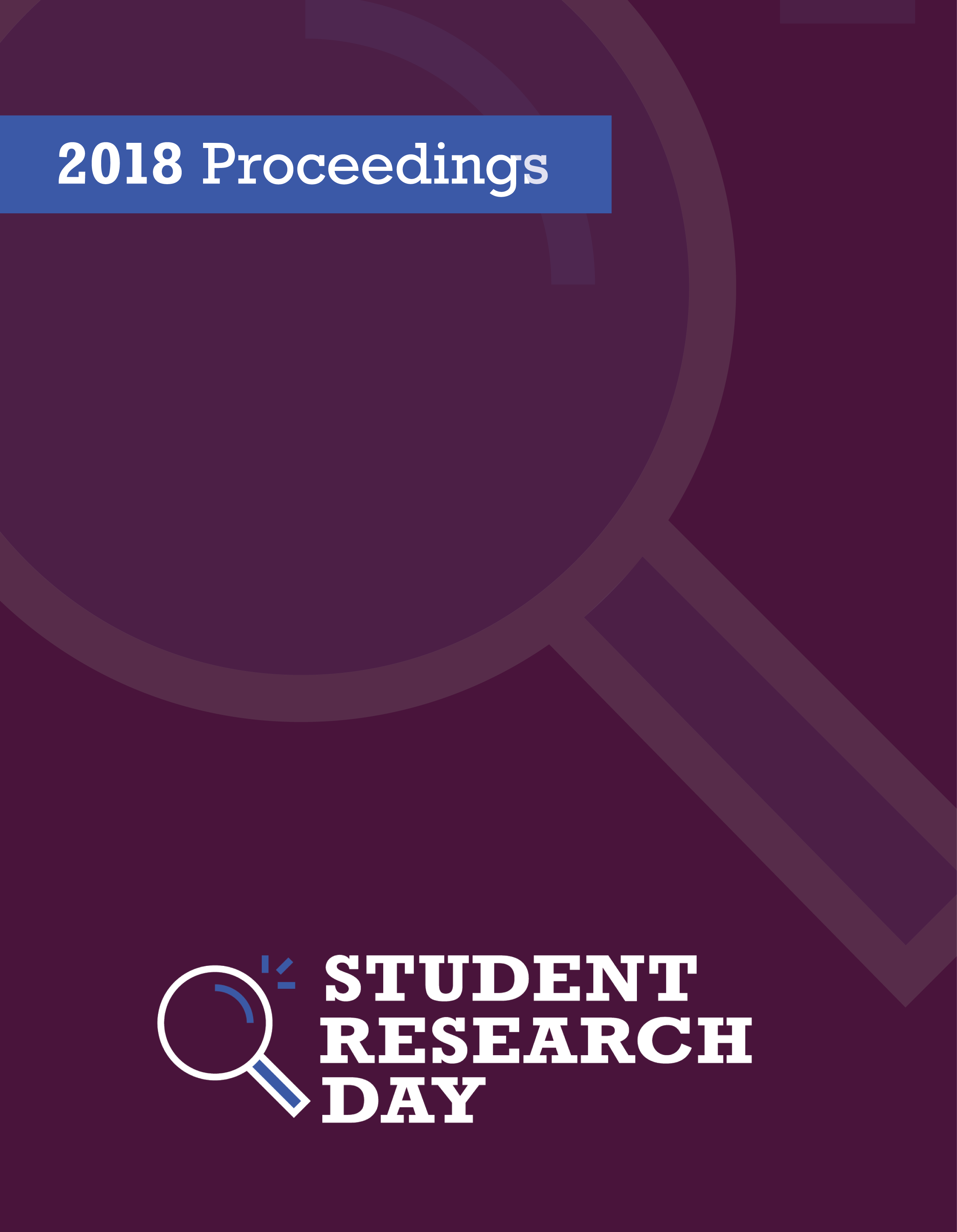Reducing False Polarization Through Perceptions of Friendship and Intelligence
Abstract
People tend to believe they see the world objectively. Accordingly, people perceive disagreeing others as biased, and think they’re more extreme than they really are. We hypothesized whether individuals will see adversaries as less biased and extreme when they perceive them as competent, and when they’ve formed a friendship. Participants came to the lab in pairs. Pairs were randomly assigned to engage in a procedure known to induce friendship, or control procedure. Participants were also randomly assigned to receive information indicating each other to be of either average or high intelligence. Participants then saw a marijuana legalization opinion disagreeing with their own, supposedly from the other participant. Finally, participants indicated how they perceived the other participant’s competence, extremity of political ideology, and estimated extremity of stance on marijuana legalization. They also indicated these same perceptions on the average person holding this disagreeing opinion to see if any effects would generalize from the individual to the group level. Perceptions of the interaction partner person weren’t changed across conditions. Surprisingly, the friendship manipulation (but not the competence manipulation) reduced perceptions of bias and ideological extremity in the average person holding a disagreeing opinion. No effects were observed of either manipulation on perceived attitude extremity. Implications and future directions are discussed.
Discipline: Psychology (Honours)
Faculty Mentor: Dr. Craig Blatz
References
Published
Issue
Section
License
Authors retain any and all existing copyright to works contributed to these proceedings.



